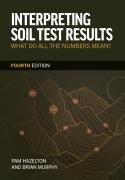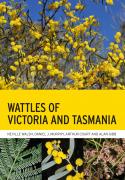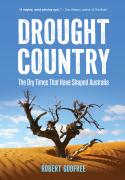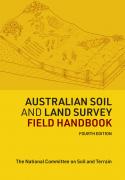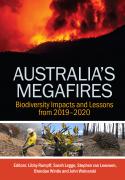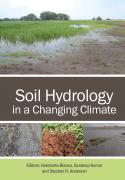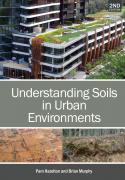Australia's little known woodlands once covered huge areas of the eastern side of our continent. Woodlands are distinguished from forests by the fact that their canopies do not touch, tree heights are usually lower and they usually have a grassy understorey. They support a fascinating and diverse array of birds, mammals, reptiles, frogs, invertebrates and plants, and have been under massive pressure from grazing and agriculture over the past 200 years. In many cases only small remnant patches of some types of woodland survive. Understanding and appreciating woodlands is an important way forward for promoting their sustainable management and conservation.
Woodlands: A Disappearing Landscape explains with lucid text and spectacular photographs the role that woodlands play in supporting a range of native plants and animals that has existed there for millions of years.
The book is set out as a series of logically linked chapters working from the woodland canopy (the tree crowns), through the understorey, the ground layers, and to the lowest lying parts of landscape – wetlands, creeks and dams. Each chapter illustrates many key topics in woodland biology with text and images, explaining important aspects of woodland ecology as well as woodland management and conservation.




